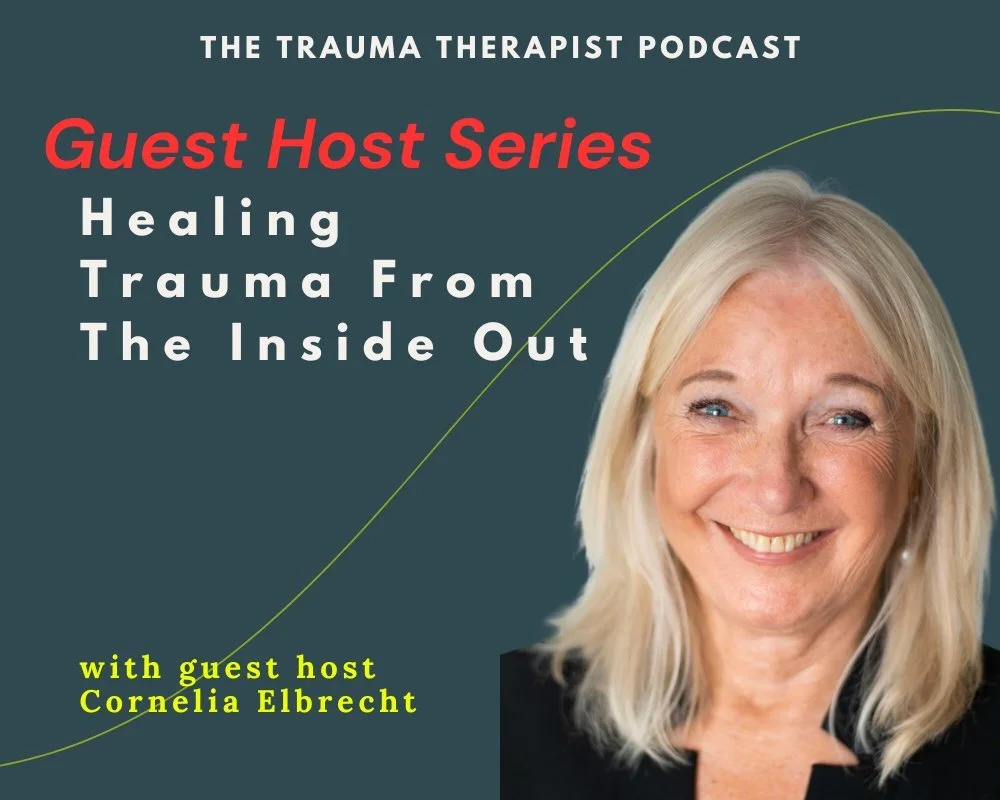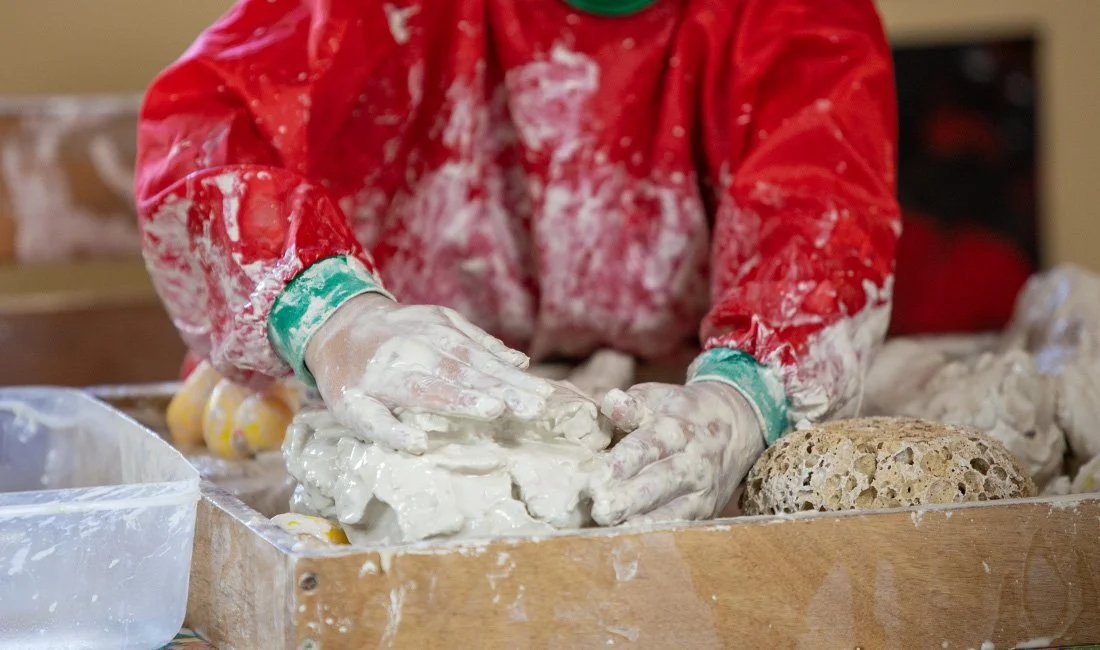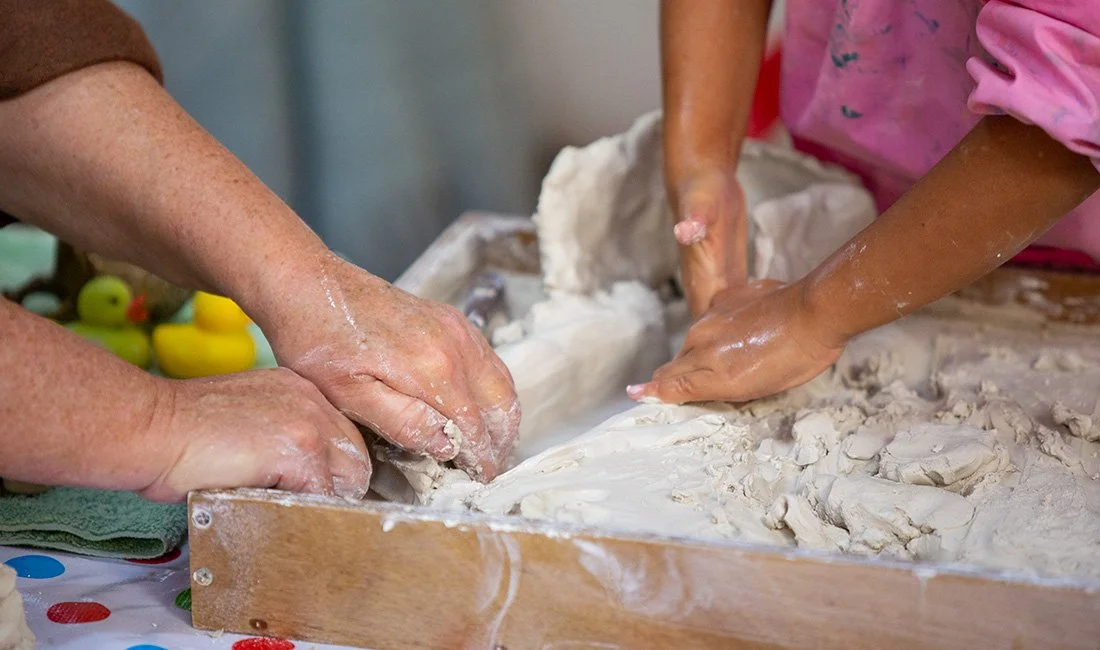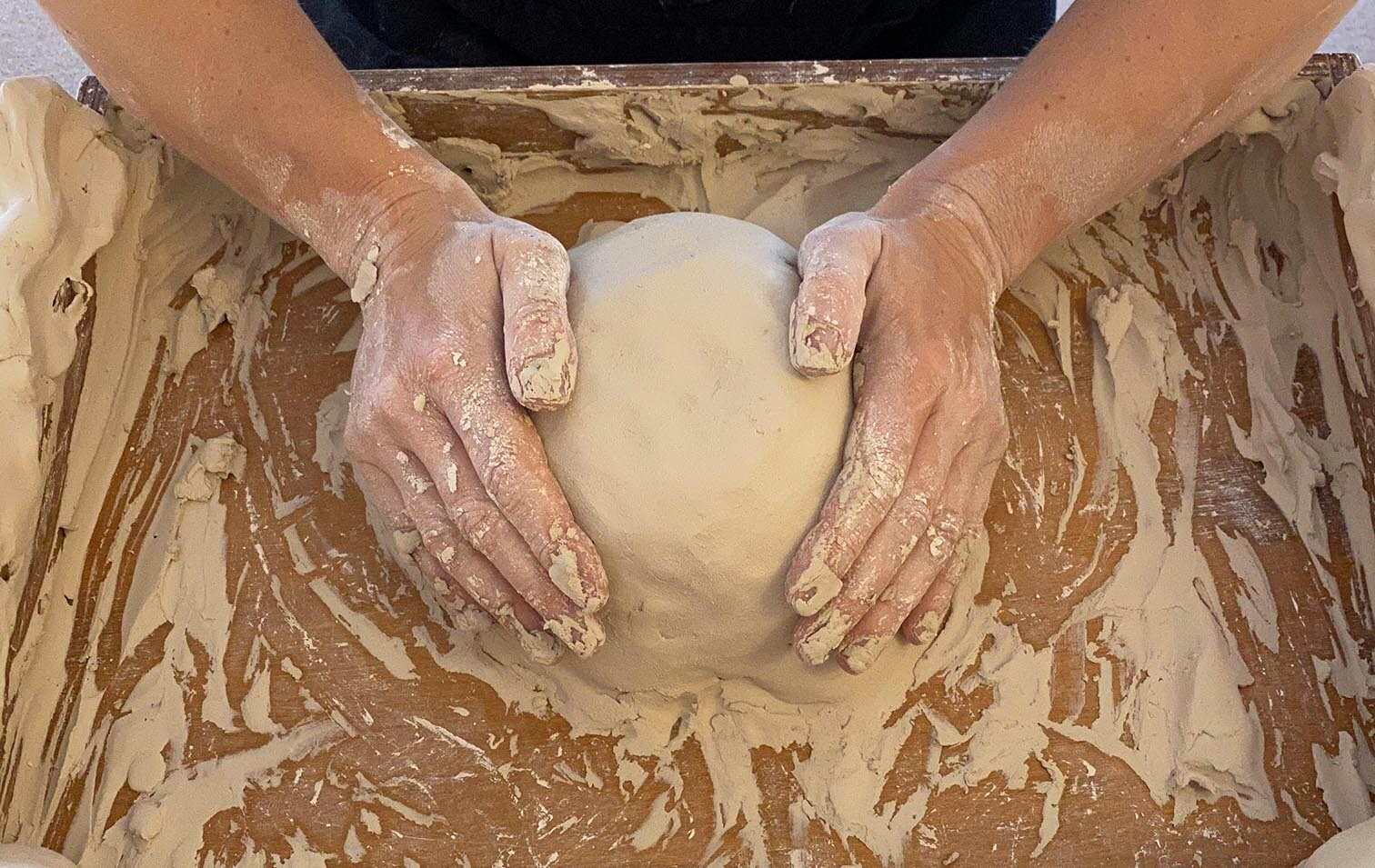The Trauma Therapist Project guest host series presents this interview with Cornelia Elbrecht interviewing Sabâ Başoğlu on Clay Field Therapy.
Read MoreAt the core of life is a permanent feedback loop between sensory perception of the environment and our response to such information through active motor impulses. Complex early childhood trauma severs or distorts the feedback loop between sensory perception and motor impulses. Clients either act out with lots of motor impulses, but have dissociated the sensory feedback loop, so internally nothing ever arrives. Or they act in, being hyper alert, “oversensitive”, but have shut down most active impulses to fly underneath the radar to stay safe.
Read MoreFor the last several years Guy Macpherson has dedicated himself to the study of trauma, post-traumatic growth, and most recently, the intersection of trauma and psychosis - specifically assessing and treating signs of early psychosis. He holds a Doctorate in clinical psychology and with The Trauma Therapist Project brings together resources for clinicians and therapist of all kinds who are starting out on their trauma-informed journey.
In this interview Cornelia Elbrecht and Guy Macpherson discuss the hands-brain connection and how at the Clay Field we are able to treat early developmental trauma through an inter-relational touch experience.
Read MoreThe Philosopher Husserl (1931) formulated phenomenology as a theoretical construct. His interest was to learn what the direct experience of the person is and what meaning they attach to their experience. Husserl recognised that reality is always played out in the present tense, not the past and not the future. That if access is gained to sensory input of a person’s original experience in the here and now, then we would be able to view that person’s subjective reality. By substituting ‘how’ and ‘what’ questions instead of ‘why’ questions he posited that we could avoid interpretation and explanation; rather to be open and aware of the given data and see the client as he is and ‘what is happening right now?’
The study of phenomenology has evolved from the theoretical construct of Husserl (1931) with more ongoing developments in both physical sciences and social sciences (Van De Reit, 2001). The phenomenology of today is a sensory based moment to moment process that is uniquely my own as I interact with and I am impacted by the wider field in the here and now. At the Clay Field this plays out in every session. This interest, curiosity and tracking of my client’s experience in the Clay Field in the here and now supports to deepen the awareness and experience of their reality. There are moments when as a therapist I silently retract, giving minimal encouragement to the client’s action patterns in the clay and as they explore the field...
When the earthquake shook an area the size of Portugal in southeast Turkey and northern Syria, at least 56 thousand people died, 126 000 suffered non-fatal injuries and at least 2.6 million people were displaced. I was asked by the Psychology Department of Ibn Haldun University in Istanbul to speak about trauma-informed strategies to support large groups affected by a natural disaster. An event such as this earthquake is overwhelming for all involved, even the news were overwhelming to watch. And while the world by now has turned elsewhere, the aftershocks for those millions directly affected will last for years, if not a lifetime…
Recently I stumbled on a collection of studies by Dr Jess Bone, a Research Fellow in Statistics/Epidemiology in the Department of Behavioural Science and Health (UCL) and a member of the World Health Organisation Collaborating Centre on Arts and Health. Bone has conducted extensive research with colleagues on the arts and well-being.
These studies include all the arts and not necessarily arts as therapy…
Read More



